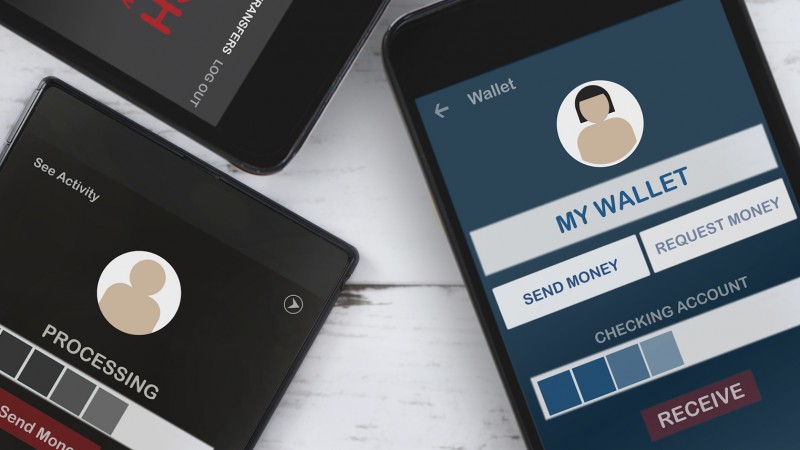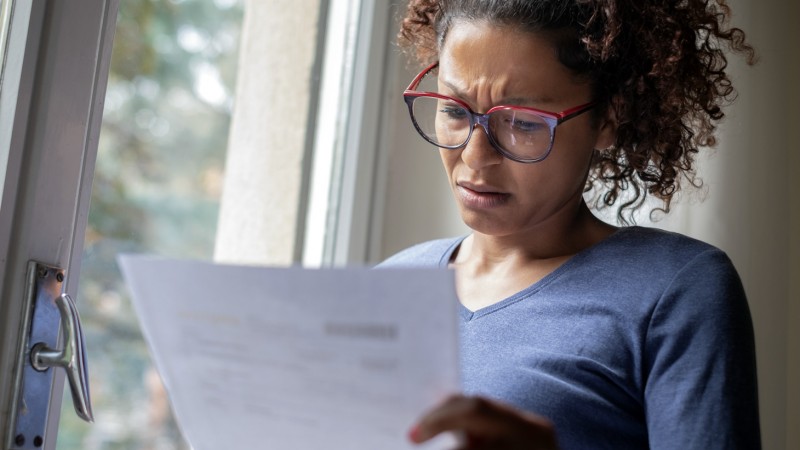What You Need to Know About Peer-to-Peer Payments
- Detalles
- Escrito por Drew Guthrie
- Categoría: Articles

Peer-to-peer payments are becoming a very popular way for friends to split the bill for a dinner, gift, tickets or other items. These services can be very useful, but should be properly checked out before you use it. The following questions can help you evaluate the various services.
Taking the time to consider these questions will help you choose the best service for your needs.
What is a peer-to-peer payment? It is an electronic payment between usually two people using a smartphone app or website. It is typically used for small payments. They are also called person-to-person or P2P payments. Venmo, Square Cash, Zelle, PayPal, Facebook Payments, Google Wallet, and Apple Pay Cash are just a few of the P2P services. Some mobile banking apps also provide a P2P option.
What will the service do with the data it collects about you? The privacy policy should answer this question. These services need more than just your name and email address. They also need some account information whether it's your checking, savings, or credit card. Look to see if your information is shared with third-parties. Can you opt-out of your information being shared, sold, or used for marketing?
What does it cost? The fee structure can vary depending on the type of transactions and the type of payment method. For example, a service may charge a fee if a credit card is used, or there may not be a fee if the money comes from a checking or savings account. There may also be fees if the payment is rejected from the service and the financial institutions involved.
How long does it take for the funds to be available? Funds typically appear first as a credit in your P2P account. If the funds are transferred to your checking or savings account, it could take several days for the service to process the transaction.
Are you using it for personal or business purposes? Many of these services have very specific uses such as only allowing personal transactions. Some many be used for paying for goods or services. If a service does both, you may have to have two separate accounts. Look carefully at what the service defines as a business transaction. If you are selling an item to an individual or buying an item from an individual, a service may define that as a business transaction and block the transaction.
How does the service handle disputes and complaints? Even though you don't expect to contact customer service, you may need to contact customer service if the wrong person was paid, if the wrong amount was sent, or for another issue. You may need to read the legal information such as terms of service, to see if they will help (not all will) and if they will what kind of help they will provide such as talking to a person.
Do you receive a notice when a transaction occurs? If possible, have the service send you a text, email or message when a transaction affecting your account occurs.
Taking the time to consider these questions will help you choose the best service for your needs.


































